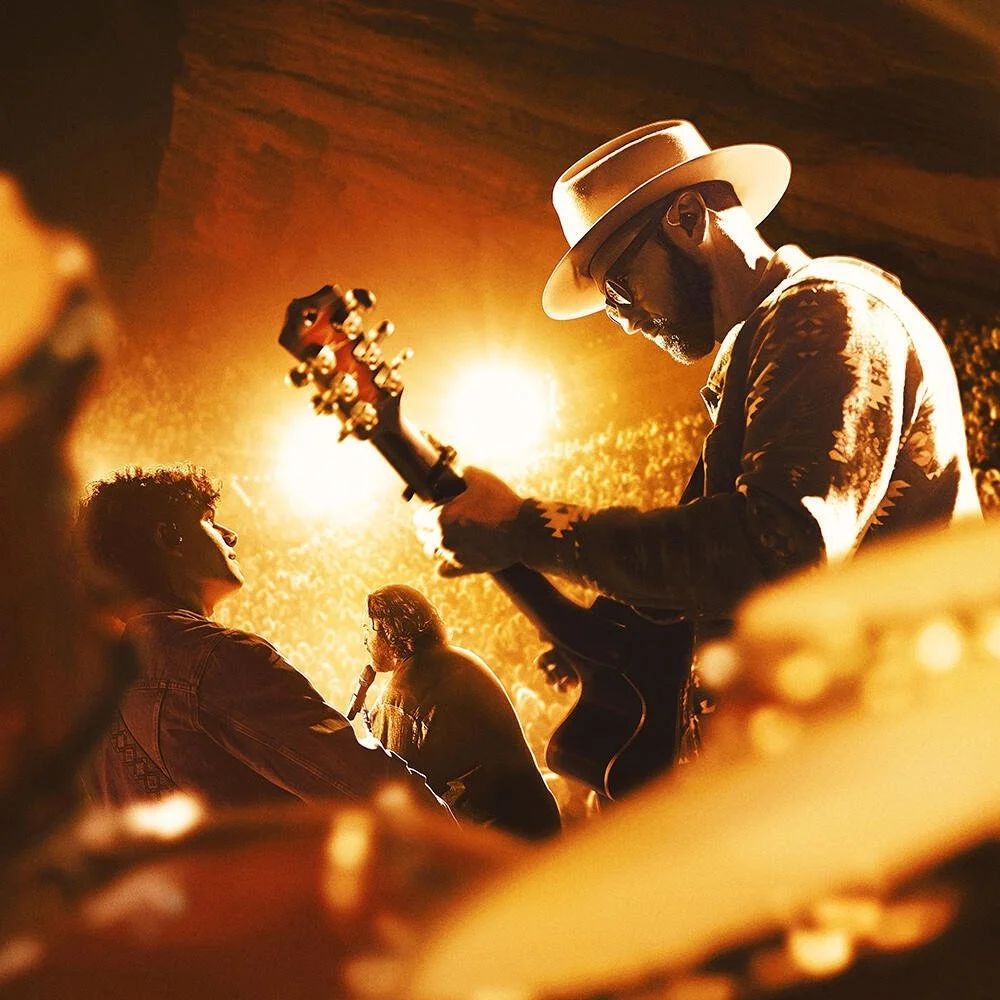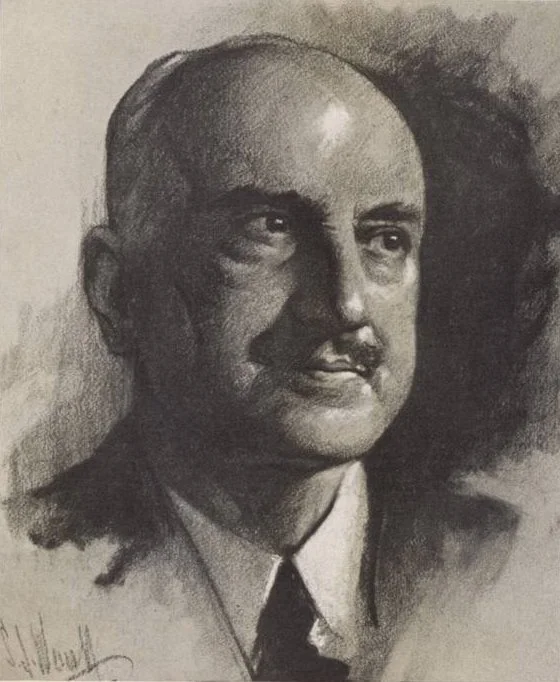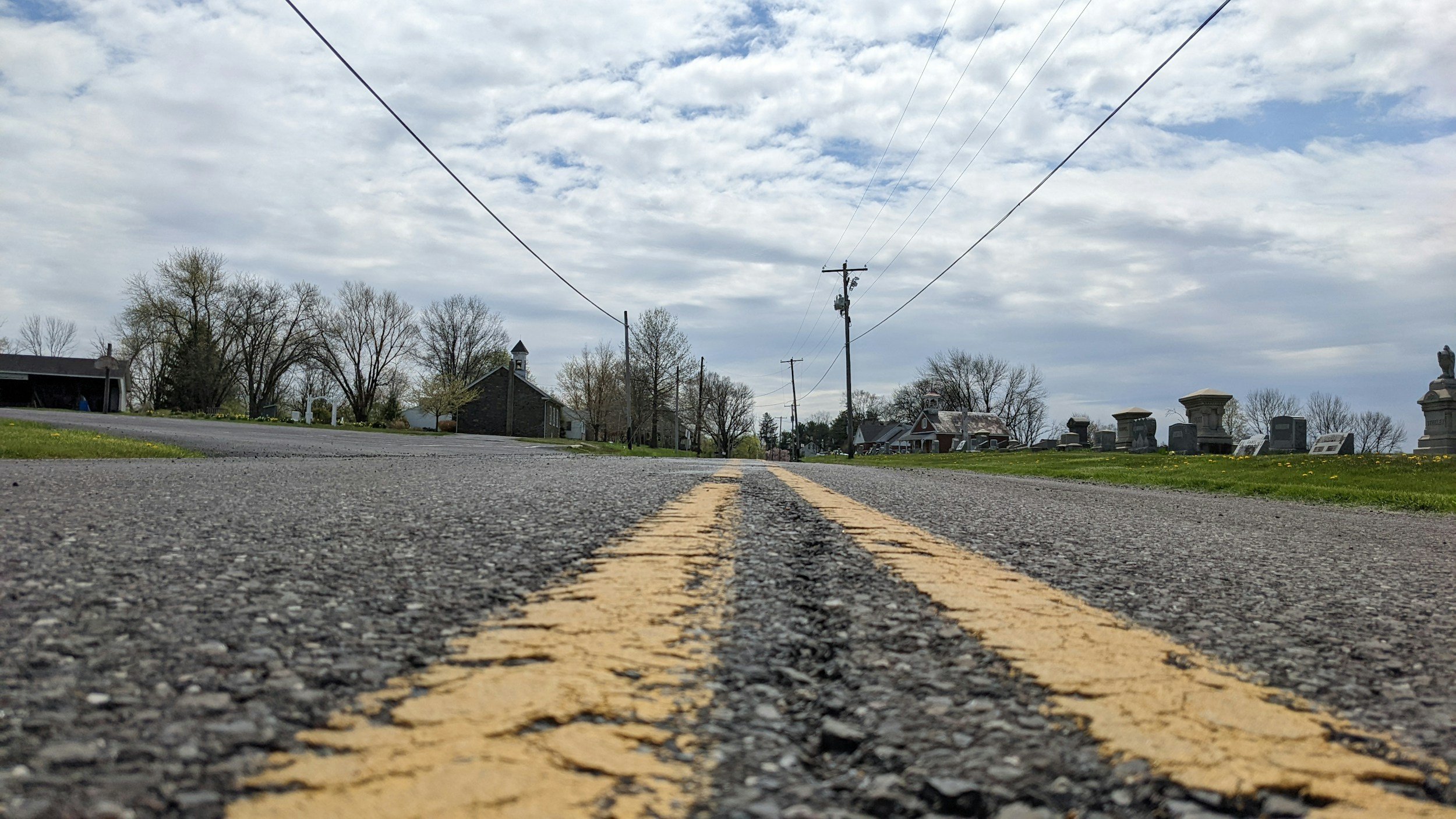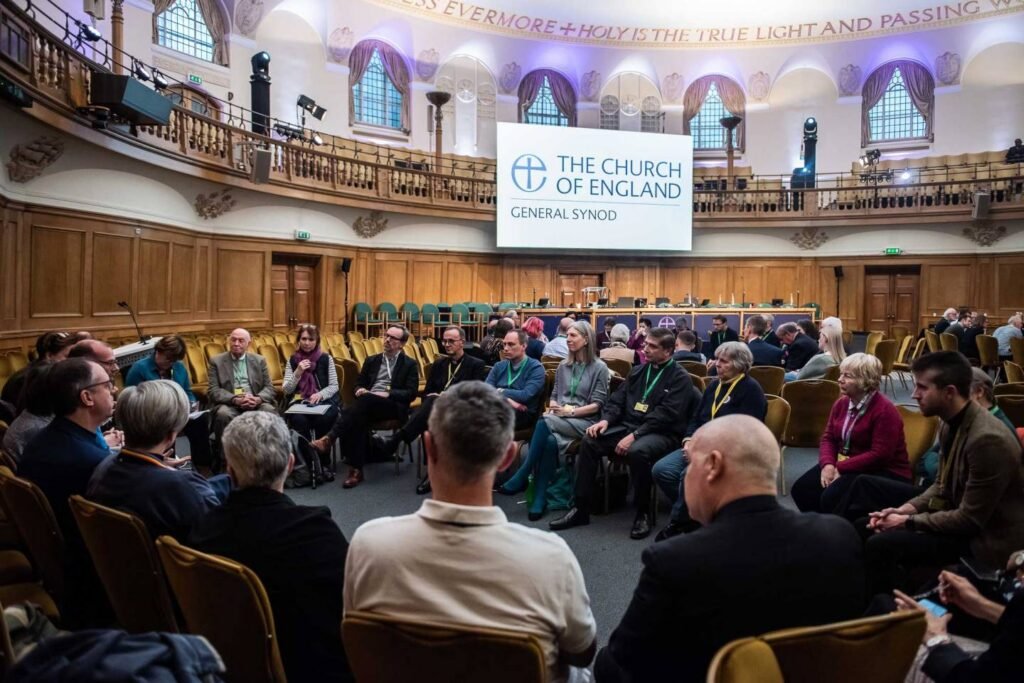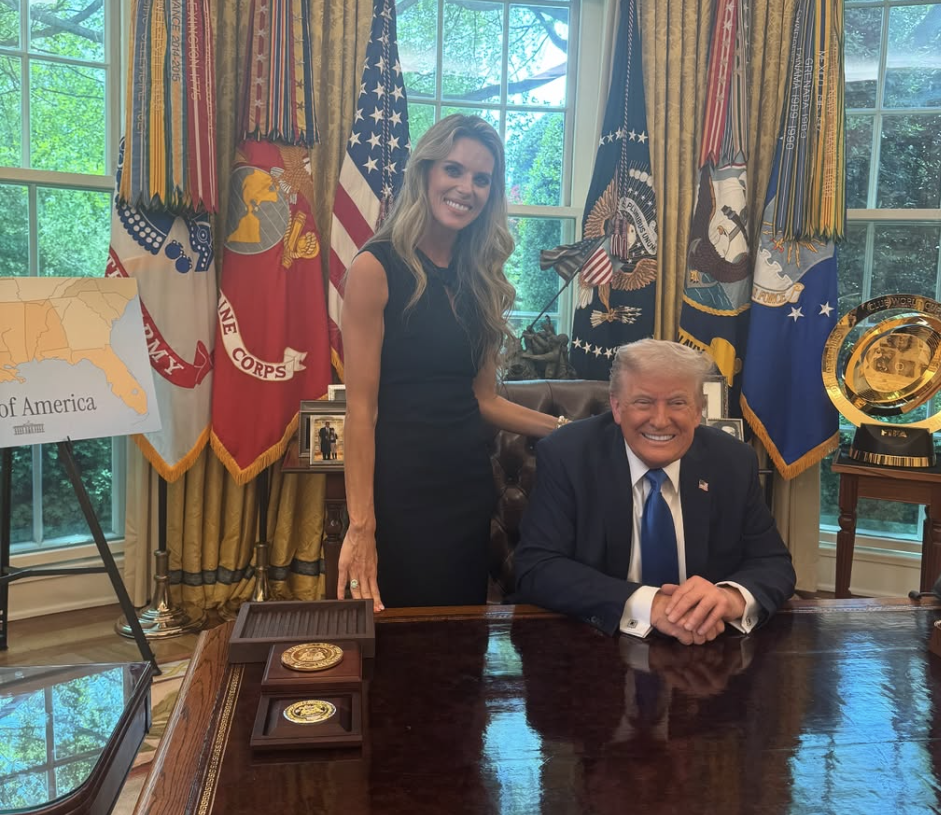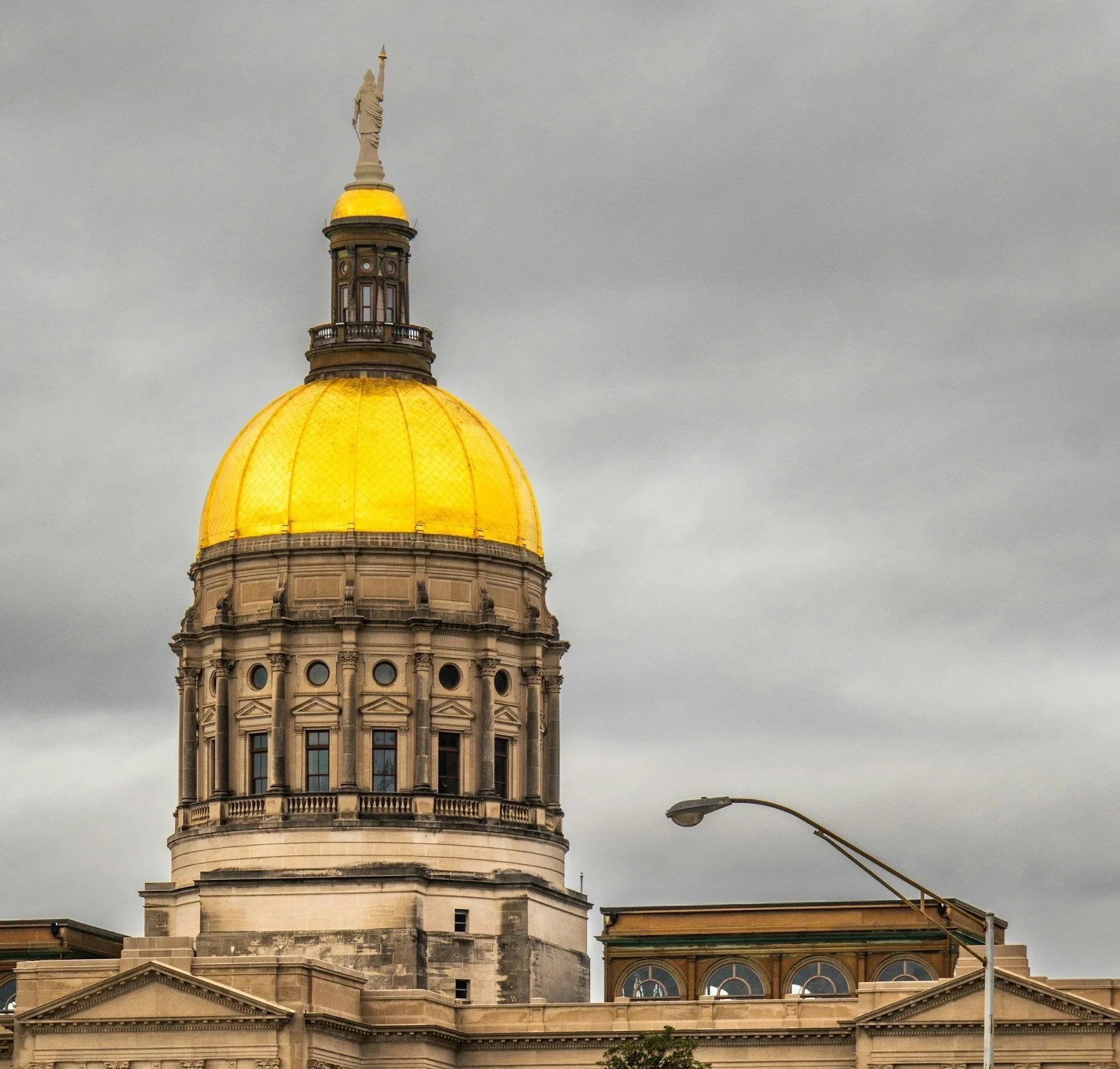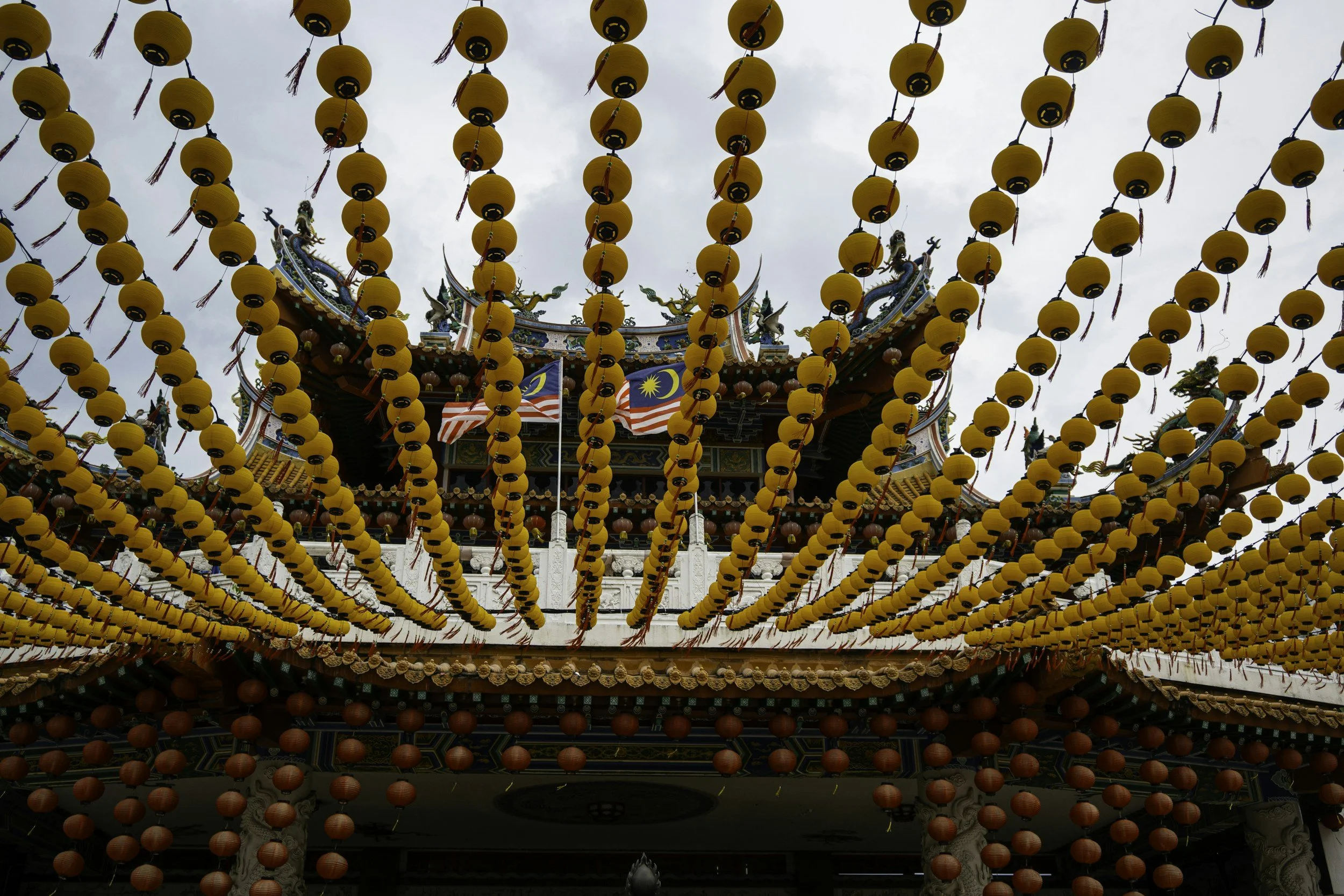During the Winter Olympics outreach in Milan, over 100 Southern Baptist volunteers shared the Gospel using Olympic-themed pins and QR codes. Conversations in areas packed with tourists sparked global interest, amplified by social media, leading to thousands of spiritual discussions with local and international visitors alike.
Read More(REVIEW) When it came out, the film was a watershed moment for the faith-based film industry. It was the highest-grossing independent film of 2018. This showed that faith-based films could succeed in the mainstream commercially and critically. Not only did this create more investment in faith-based projects, but also shaped future films.
Read More(ANALYSIS) It’s become my hobby horse at this point — non-denominational Protestant Christianity. I swear, it’s somehow gotten more legs than the “nones” in the larger cultural discussion about religion.
Read More(ANALYSIS) People love to talk about “profound” philosophers. Socrates with his questions. Nietzsche with his hammer. Marx with his systems. But George Santayana rarely gets the same reverence, despite the unsettling precision of his view of modern life. Santayana is hard to place, which may be why he is often skipped.
Read More(OPINION) Drawing on a quote attributed to F. Scott Fitzgerald and a passage from Ecclesiastes, I look at the challenges today’s binary thinking. From immigration debates to religion and marriage, it argues that wisdom lies between extremes, where justice and compassion, conviction and humility, can coexist without flattening complex human realities in society.
Read MoreThe Anglican denomination continues to reject gay marriage, a decision it affirmed in 2023 while instead voting to pursue blessings. The vote to end the pursuit closed three years of work in the broader Living in Love and Faith initiative regarding identity, sexuality, relationships and marriage, that the church launched nine years ago.
Read More(ANALYSIS) Former Irish President Mary McAleese argues that infant baptism violates children’s human rights by imposing church membership without consent. Critics respond that parents possess religious freedom in child-rearing, note historical and biblical defenses of infant baptism, and compare similar birth rituals across Christianity, Judaism, Islam, Hinduism, Buddhism and Sikhism.
Read More(ANALYSIS) Each Valentine’s Day, Hindu nationalist groups in India target couples, framing public affection as a cultural threat. Drawing on theories of moral panic, moral foundations and crowd psychology, this anxiety about social change, identity politics and purity-based values combine to justify moral policing and restrict personal freedom.
Read MoreLunar New Year is a widely celebrated cultural and religious festival observed across Asia and worldwide. Marking the start of a new lunar cycle, it blends ancient traditions, spiritual practices and symbolic foods that express hopes for prosperity, health and happiness while emphasizing family unity, renewal and reflection.
Read MoreAn upstate New Yorker developed a deep emotional attachment to ChatGPT, spending $900 trying to “free” it, before realizing it was a delusion. Experts warn AI relationships exploit loneliness, potentially harming mental health and spirituality. Churches and counselors are now addressing unhealthy AI attachments, helping people reconnect with real relationships and God.
Read More(ANALYSIS) Fifteen years ago, Egyptians from all walks of life took to the street to demand “bread, freedom, social justice.” They were protesting the oppressive 30-year rule of Hosni Mubarak. Egypt had been under martial law for 31 years. This meant that political opposition was silenced, and opponents were often imprisoned and tortured. Police brutality was the norm.
Read More(ANALYSIS) Love and hate seem like obvious opposites. Love, whether romantic or otherwise, involves a sense of warmth and affection for others. Hate involves feelings of disdain. Love builds up, whereas hate destroys. However, this description of love and hate treats them as merely emotions.
Read MoreWhile reading some of the outraged commentary about the spectacular staff cuts at The Washington Post, I keep thinking of the immortal words of King Theoden of Rohan, when facing dark waves of evil during the Battle of Helm’s Deep. All together now: “How did it come to this?”
Read MoreFormer Miss California Carrie Prejean Boller was removed from the White House’s Religious Liberty Commission after rejecting Zionism during an antisemitism hearing. A recent Catholic convert, she argued the modern state of Israel holds no biblical significance, reflecting a broader shift among some American Christians away from traditional Zionist support.
Read MoreRomantasy is the literary genre that has become all the rage around the world. Combining imaginative scope of fantasy with the emotional intensity of romance, these books use love as a central narrative driver. At the same time, the setting provides a chance for world-building and supernatural elements that heighten the stakes of romance.
Read MoreOn Monday, nearly a dozen abuse survivors and advocates testified before the Georgia House Judiciary Committee in Atlanta. They spoke in support of Trey’s Law, a bill that would prohibit non-disclosure agreements in cases of child sexual abuse.
Read More(ANALYSIS) I’ve been thinking a whole lot about social isolation recently. It’s probably because it’s this unspoken concept in a lot of the work that I do and many of the questions that I’m asked about religion in the United States. I swear I bring up Robert Putnam’s “Bowling Alone” about twice a week when I’m doing interviews or giving presentations about data on religious attendance.
Read More(ANALYSIS) In recent weeks, Catholic leaders have been increasingly outspoken in their criticism of the Trump administration’s foreign policy, especially its military intervention in Venezuela and saber-rattling over Greenland. Last month, the three cardinals heading U.S. archdioceses issued a rare joint statement of rebuke.
Read More(ANALYSIS) Religious traditions across cultures have often treated menstruation and childbirth as sources of ritual impurity. In Chinese Buddhism, the “Blood Bowl Scripture” condemned women to “Blood Pond Hell.” Today, women reinterpret these beliefs, emphasizing maternal sacrifice, agency and alternative understandings of female bodies.
Read More(ANALYSIS) As Christian clergy across the United States participate in ongoing protests against harsh immigration enforcement actions and further funding for U.S. Immigration and Customs Enforcement, many are still pondering the words of Rob Hirschfeld. On Jan. 18, 2026, Hirschfeld, Bishop of the Episcopal Diocese of New Hampshire, encouraged clergy in his diocese to “prepare for a new era of martyrdom” and put their wills and affairs in order.
Read More

